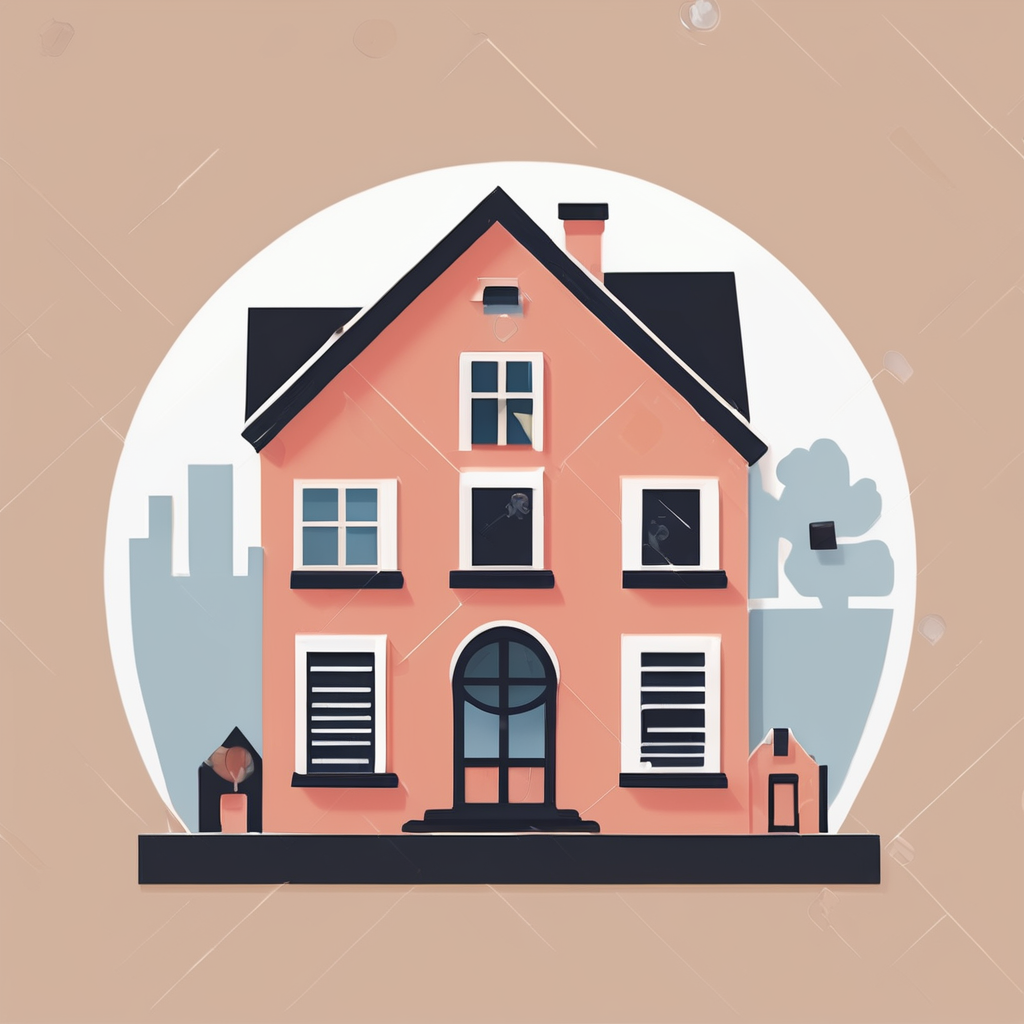Sourcing Sustainable Materials
In the pursuit of sustainability, selecting eco-friendly sources for your living room can significantly impact environmental preservation. Sustainable materials that suit living spaces often include bamboo, recycled metals, and reclaimed wood. These are not only durable but also have a reduced carbon footprint compared to conventional resources.
Finding local suppliers in Leeds that focus on green products can aid in minimizing transportation emissions. They often provide a range of options, such as natural fibres for textiles and carpets, as well as furniture pieces crafted from sustainable materials.
Have you seen this : Effective techniques to prevent dampness in your ground-floor flat in edinburgh
When aiming to identify truly sustainable products, consider a few essential tips. First, verify certifications like FSC for wood products. Examine the product’s lifecycle, ensuring it includes renewable energy in its production. Pay attention to labels that highlight recycled content or low-emission manufacturing processes.
Beware of conventional materials disguised as eco-friendly sources. These may carry vague claims without substantial evidence of their environmental merits. Building a sustainable living space requires informed choices, bringing you closer to achieving a green interior that harmonizes with both aesthetics and ecological wellbeing.
Have you seen this : Transform Your Portsmouth Townhouse: Innovative Under-Stair Storage Ideas for Maximum Space!
Eco-Friendly Design Ideas
Incorporating eco-friendly design into your living space not only enhances aesthetics but also promotes a sustainable lifestyle. Opting for natural color schemes and organic textiles can breathe life into a room while maintaining a minimal impact on the environment. Consider colours inspired by nature, like soft greens and earth tones, to create a calming ambiance. Organic fibres such as cotton, linen, and hemp offer durability and comfort, making them ideal textiles for cushions, curtains, and rugs.
Furniture Choices and Arrangements
Selecting furniture crafted from reclaimed wood or recycled materials is a cornerstone of a sustainable living space. Not only do these choices reduce waste, but they also add unique charm and character to your home. Arrange furniture to maximise natural light and airflow, creating a space that feels both open and resource-efficient.
Lighting Solutions
Lighting plays a crucial role in developing a green interior. Implementing energy-efficient lighting options such as LED bulbs reduces energy consumption significantly. They last longer and provide consistent illumination, making them cost-effective in the long run. Consider using dimmer switches and strategically placing mirrors to enhance natural light, further reducing the need for artificial lighting during the day.
DIY Projects for the Eco-Conscious
Embarking on DIY sustainable living projects can transform your space and connect you to eco-friendly practices. Simple green home projects often focus on using recycled materials, which are plentiful and versatile. Here are some ideas to get started:
-
Create eco-friendly crafts by repurposing leftover fabrics or glass jars into decorative items. For instance, old wine bottles can be turned into candle holders, adding a unique touch to your décor.
-
Before discarding old furniture, consider how you might give it a new life through upcycling. Adding a new coat of eco-friendly paint or reupholstering chairs with organic textiles can refresh furniture pieces, helping you maintain a sustainable living space.
-
Develop plant displays using reclaimed wood or other materials you have at home. Besides enhancing aesthetics, plants improve air quality, turning your house into a green home sanctuary.
Exploring these DIY sustainable living projects not only promotes environmental consciousness but also personalises your living space. By engaging in such projects, you contribute to eco-friendly practices while creating a vibrant and healthy home environment.
Inspirational Before-and-After Examples
Transforming a living room into a sustainable haven can seem daunting, yet examining real-world examples is incredibly motivating. Case studies from Leeds highlight the power of eco-friendly renovations. These transformations typically involve transitioning from traditional to sustainable materials and integrating eco-friendly design principles throughout the space.
Case Studies from Leeds
Leeds residents have showcased remarkable living room transformations by focusing on sustainable choices. One notable example involved replacing synthetic textiles with organic cotton and linen, enhancing both comfort and sustainability. Additionally, the use of reclaimed wood for furniture and decor added distinctive character while reducing environmental impact.
Key Design Takeaways
Key insights from these successful projects include prioritising local green products to minimise carbon footprint and supporting community businesses. By opting for natural elements and resources, residents witnessed not only aesthetic upgrades but also healthier indoor environments.
Impact of Sustainable Choices
These eco-friendly renovations have a positive ripple effect on local ecosystems. By choosing alternatives with lower environmental impacts, such as non-toxic finishes and energy-efficient lighting, these projects contribute to decreased pollution and waste. This illustrates the significant environmental benefits inherent in crafting a sustainable living space.
Local Resources and Community Involvement
Exploring local eco-resources can provide valuable insights and support for your journey toward a more environmentally friendly lifestyle. Many groups in Leeds actively promote sustainable living and offer practical solutions for integrating eco-friendly practices into everyday life.
Community Groups Promoting Sustainability
Numerous green community options are available, such as local gardening clubs that focus on organic farming techniques and workshops on recycling and waste reduction. These groups offer an opportunity to connect with like-minded individuals passionate about ecological preservation. They often collaborate with other organisations to further the reach of their sustainability initiatives, fostering a sense of community and shared responsibility.
Sustainable Events in Leeds
Leeds hosts various sustainable events throughout the year, including eco-fairs, market days featuring green products, and DIY workshops aimed at repurposing materials. These events serve as excellent platforms for learning about sustainable practices and exploring innovative ideas for your home. They also provide a chance to discover new local suppliers offering eco-friendly products.
Educational Resources
For those keen on expanding their knowledge, local libraries and community centres frequently host seminars and lectures on sustainable design. These resources can guide individuals in making informed decisions, helping to cultivate both personal and collective ecological awareness.
